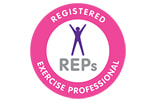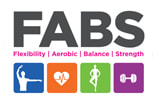|
From daily dusting and vacuuming to an annual Spring clean, there’s no getting away from the chore of housework. It can feel like a bit of a burden but with a bit of creative thinking you can turn each task into an exercise to help improve strength, stability and fitness.
Adding some wearable weights, such as wrist or ankle weights, will help increase stamina, stability and strength. So choose some of your favourite music to workout to, crank up the volume and get fit while cleaning up! Dusting When dusting surfaces try to use circular motion (in both directions). This will give your triceps and shoulders a gentle workout. Dusting the house requires us to squat and crouch to reach low areas such as skirting boards, and stretch or stand on our toes to clean higher up areas. These are all fantastic to promote joint health but do take care not to overstretch or risk injury. Vacuuming Using the vacuum can give you a great all round workout, making use of your legs, core and upper body. Get extra benefits by doing walking lunges while vacuuming, taking care to engage your core. Avoid twisting your body and be careful to maintain good posture. To add extra resistance, use the brush tools to clean your upholstery/stairs. Sweeping and Mopping Like vacuuming, sweeping and mopping is all rounder. Engaging your core and making use of your arms and upper body as well as your legs for a full body workout. Try to swap arms so you work on both shoulders and and avoid twisting or overstretching. Window Cleaning Use circular motions to work your shoulders and triceps. Stand on your toes for a calf stretch as you do the higher parts. If you have glass doors or full length windows/mirrors you can add in squats to do the lower parts of the glass. Always swap arms to make sure you work on both sides.and ensure you engage your core. Gardening Now is a great time to tidy the garden and start planting. Weeding, sweeping and watering plants gives you a great workout all with the added benefits you get from being outside. Try to combine a few tasks to get the most benefit, maybe dusting and vacuuming one day, mopping and cleaning the windows another day. Combining everyday tasks like housework with your usual exercise classes or routine will help strengthen your body, improve your balance and fitness. Taking a tea break between tasks? While you wait for the tea to brew you could try these standing exercises from Move It Or Lose It! Please contact Amanda if you would like more advice on exercising safely. 📷 Credit: Sunflowers grown by a Move it Or Lose It Fitness class member, working out in the garden during Lockdown 2020.
0 Comments
Can you stand on one leg? How long can you hold that position for?
Believe it or not your ability (or inability) to stand on one leg is an indicator of your overall health and wellbeing. Research found that the inability to stand on one leg for 10 seconds or more is linked to a doubling in risk of death. Test yourself and see how long you can stand on one leg, try it with your eyes open and then your eyes closed. Take a look at the guide below to see how long you should be aim to hold your balance for:
If you tried the test and found you couldn’t hold your balance for the time in the targets above then don’t panic- you can improve your balance (and lifespan) with practice. Activities such as yoga and pilates etc are a great way to improve your balance but even simply standing on one leg while doing everyday activities such as brushing your teeth will help improve your balance. The NHS has a great set of simple and gentle exercises you can do in the comfort of your home. If you aim to do these a few times a week alongside your regular activities you'll soon see an improvement in your balance and ability to stand on one leg. Resistance and Strength Training Strength training is another great way to improve your balance - a strong body is much more able to support itself, reducing the risk of falls in older age. Strength training sessions done 2 to 3 times a week will yield the greatest results and can be done at home with small weights or even tins of beans! Attending a class that incorporates strength training and aerobic exercise is a fantastic way to get fit and healthy while improving balance and strength.
Looking after your body as you age, by keeping fit and healthy, will help ensure you can stay active and independent for as long as possible- reducing the risk of falls, improving cardiovascular health and reducing the risk of dementia. If you are starting any exercise programme for the first time always speak to a medical professional first. Contact Amanda for more information on any of the fitness classes at Smart Fitt or for one-to-one and personal training enquiries. February is often referred to as the month of love, where we show how much we care for our significant others. But this Valentines why not show yourself some love by investing in your long term health and fitness?
We’ve put together some of our top 5 reasons you should concentrate on building a life-long relationship with looking after your body and appreciate the importance of exercise and a healthy lifestyle. It’s never too late to make positive changes to your exercise routine- your body will thank you for it! Protect your Future Mobility As we age hormonal changes and the loss of muscle mass can lead to reduced mobility but one of the biggest reasons for mobility issues as we age is simply down to not staying active. Recent research found improvements in mobility and muscle mass in older adults who took part in an exercise programme and followed a personalised diet over 3 years. It really is true that if you don’t use it you will lose it- just a daily walk and some simple strength exercises will make a huge difference. Or you could try a Move It Or Lose It class- great for everyone of all ages and ability with the emphasis and active ageing at its heart. Have More Energy If you struggle to do everyday tasks like shopping or a bit of housework then you might argue that you haven’t got the energy to do any exercise. But exercise actually increases your energy by building up muscle strength and improving your heart and lung health so you’re able to complete those everyday tasks much more easily. Look After Your Mental Health When we are experiencing feelings of sadness or low mood, getting outside for some fresh air and exercise can really help lift our spirits. Regular exercise such as walking, fitness classes or swimming all help. The NHS also recommends exercise for those who suffer from mild to moderate depression as it helps to clear your mind as well as giving you more energy. Do contact your doctor for more help and advice if you think you may be depressed. Exercise can help reduce the risk of type 2 diabetes and heart disease which in turn will help reduce your risk of dementia, plus older adults who do not exercise are much more likely to have memory problems (cognitive ability). Get a good Night's Sleep A good night's sleep is fundamental to our well being and exercise has been shown to help lessen sleep problems and ensure a full night's rest. Regular exercise will have the biggest positive impact on your sleep and while 30 minutes of moderate exercise is recommended for the best results, it doesn’t matter what you do as long as you enjoy it (as you’re more likely to stick at it). Increase Your Social Circle Whether you prefer exercising in a group like a fitness class or you prefer going for walks in the countryside with a friend, exercising is a great way to meet like minded people and form strong friendships. Exercising with friends helps ensure you stick with it and it’s a great way to build up a support network. No matter what type of exercise you prefer to do, the most important thing is that you do it regularly and with a smile on your face. So grab your trainers, walking boots or swim suit and get out there and make some positive changes in your life. Please contact Amanda for more information on the range of fitness classes available. |
Archives
August 2023
Categories
All
|

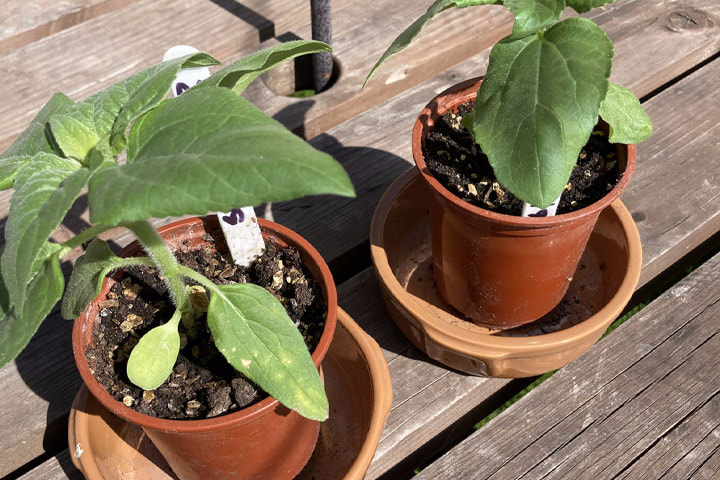
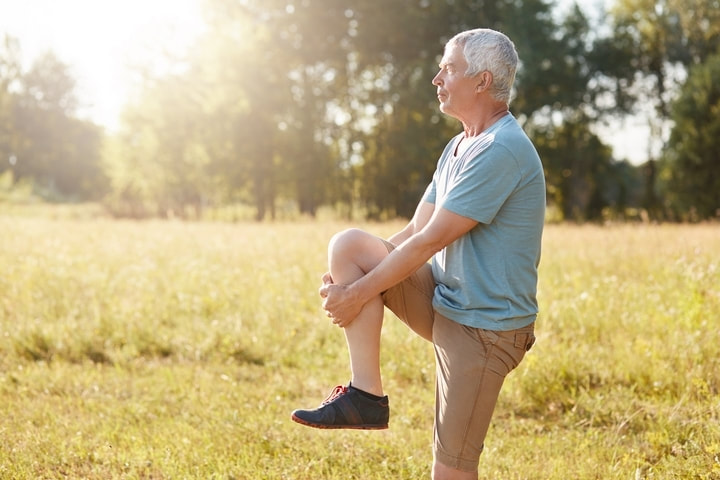
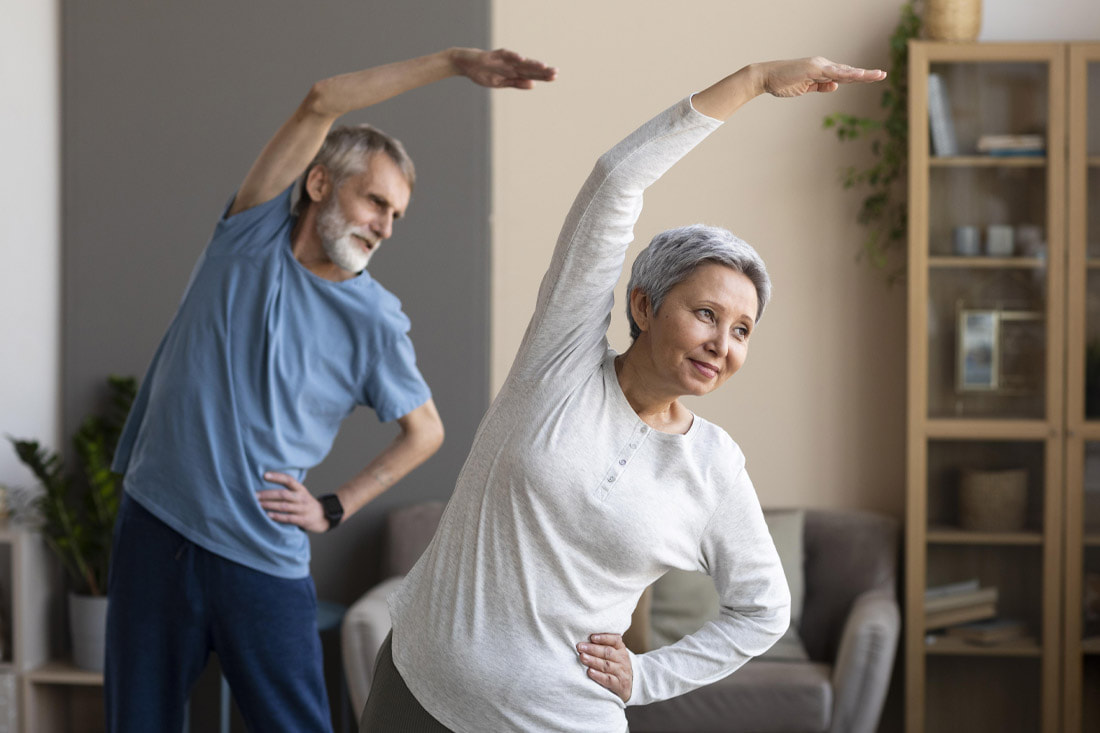
 RSS Feed
RSS Feed
